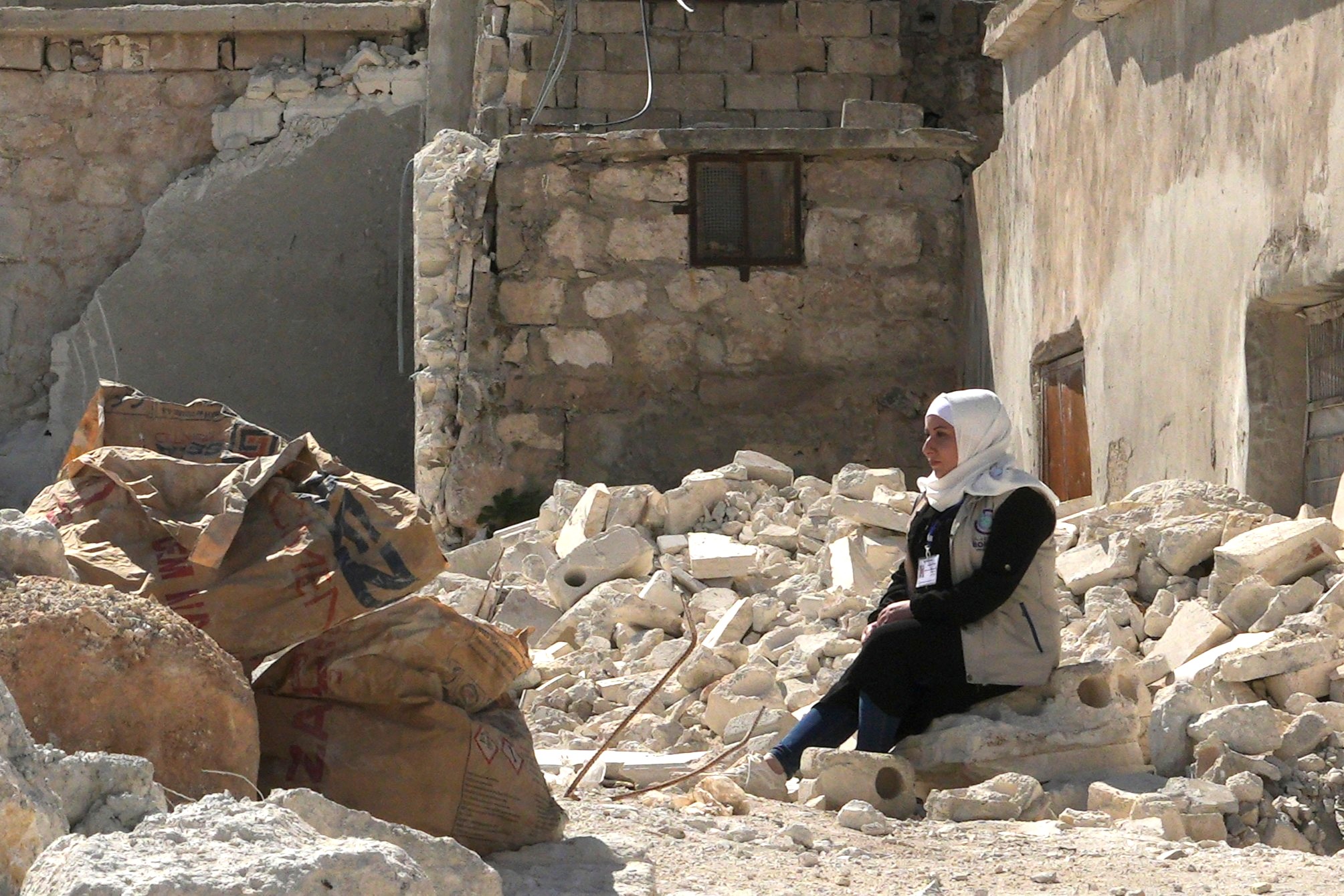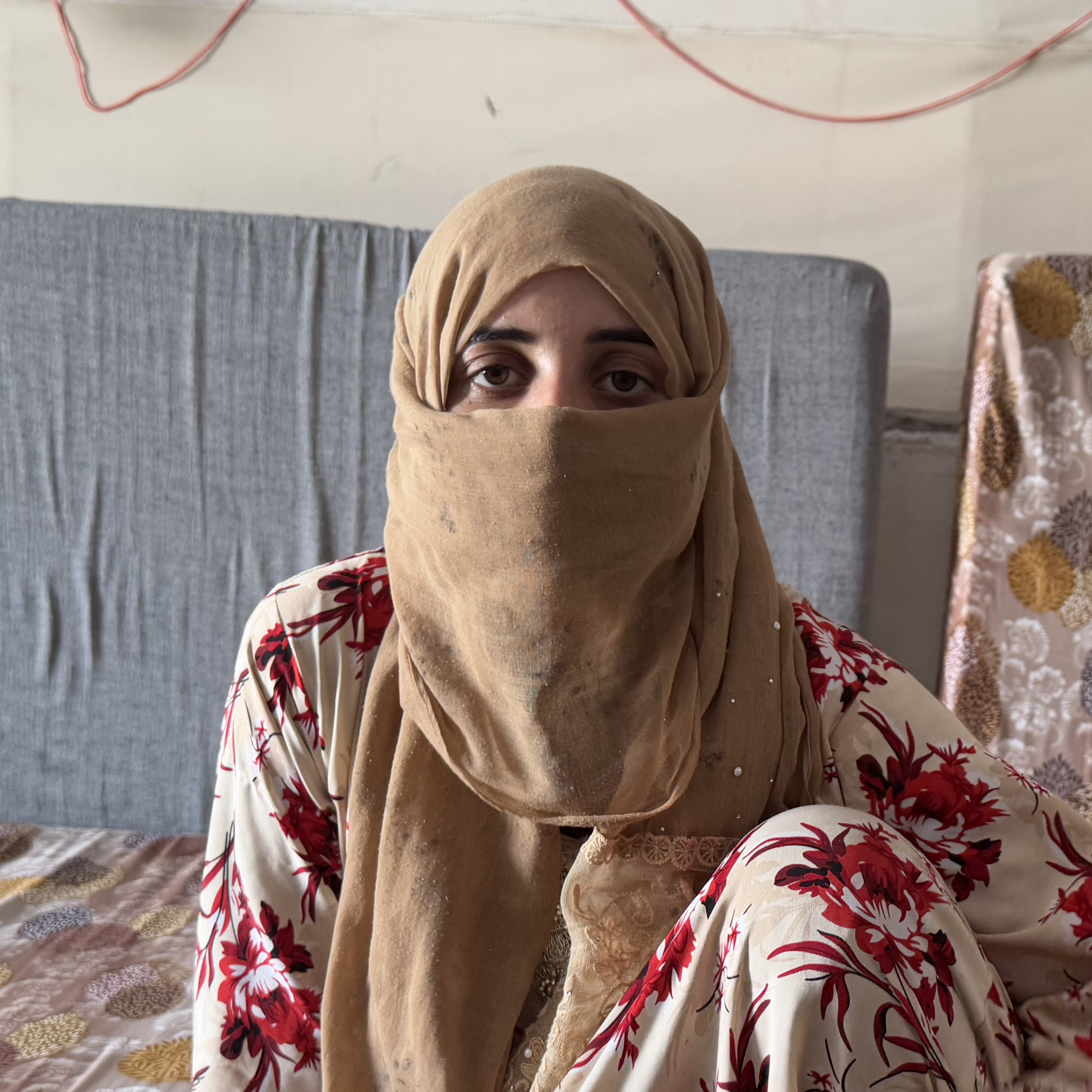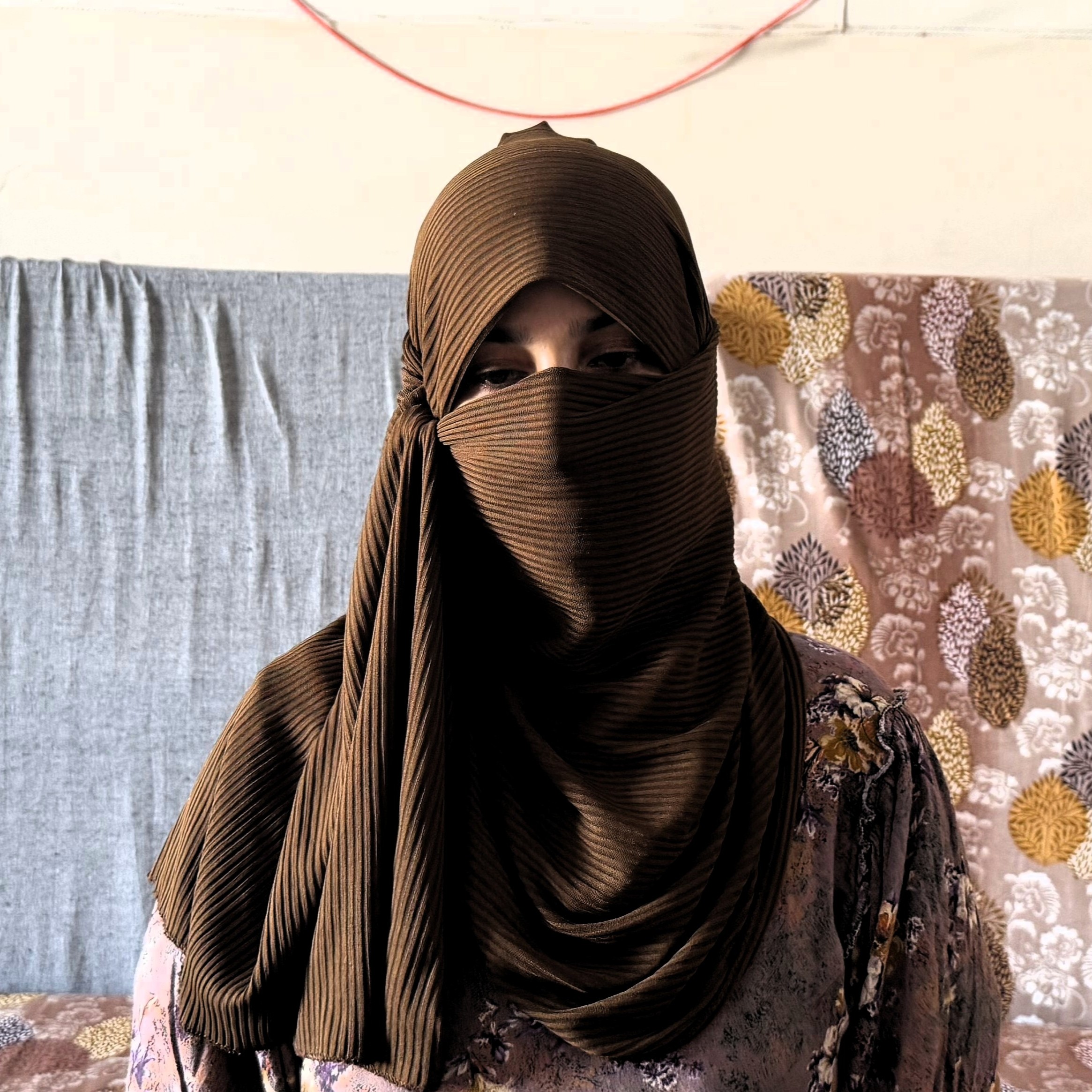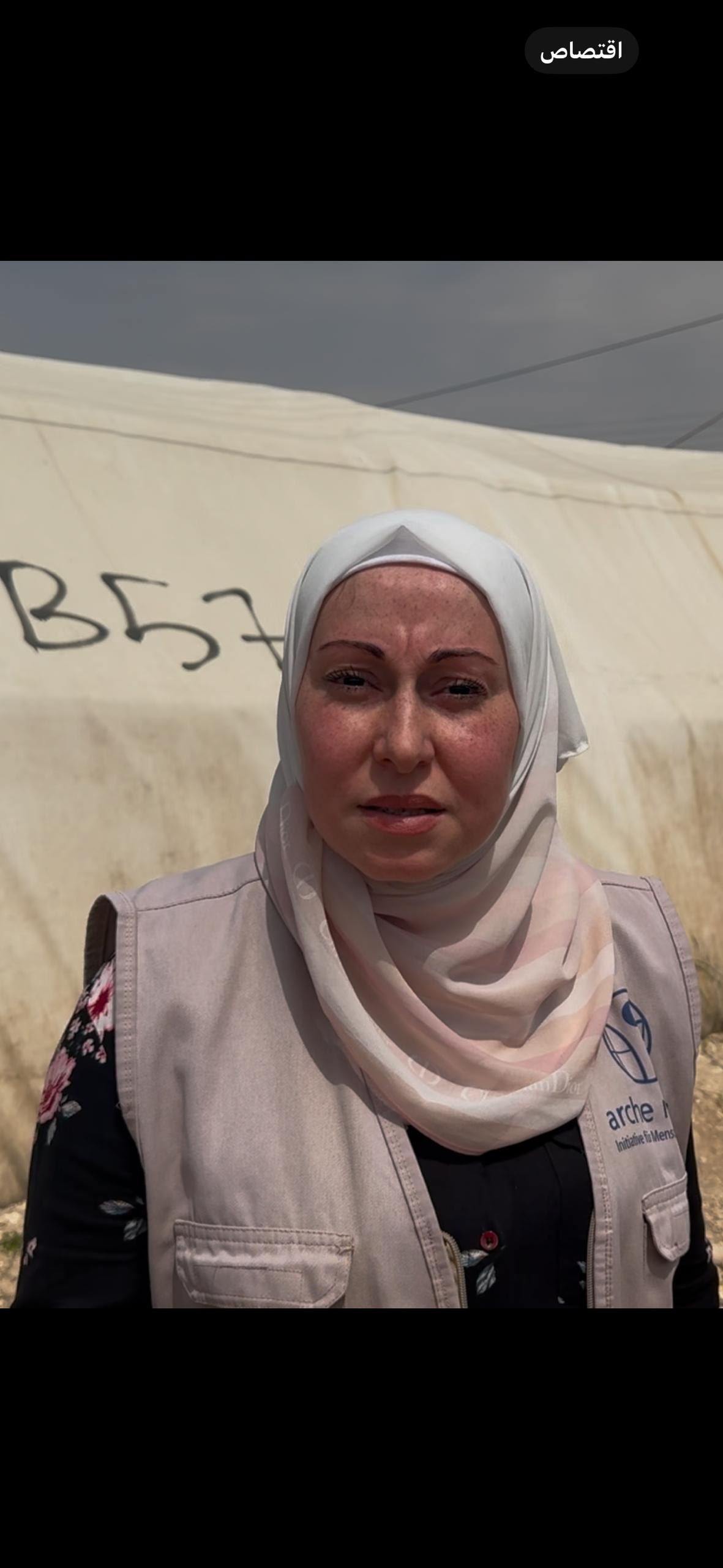When you think of emergency aid for people in crisis areas, many things come to mind: water supplies, emergency shelters, food, soap, clothing. But very few people think of one thing: menstruation.
Anyone who has ever had an unexpected period knows exactly how unpleasant it is not to have sanitary pads or tampons to hand. But what if no one can help you because there are simply no menstrual products available?
The lack of menstrual products forces dangerous improvisation
Amel Ahmed Al Sajer lives in a refugee camp in northeastern Syria. Fleeing her home and life in the camp have affected her cycle. She does not have enough menstrual products.
The displacement has completely thrown her off track, including in terms of her physical well-being. “The sanitary pads I have are not enough. That's why I have to use pieces of cotton or my daughter's diapers,” she says.
Most girls and women in the camp are in the same situation as Amel, including Batoul Ali Mohammed:
Due to psychological stress, my period is often late or irregular. Sometimes I experience pain and cramps during my period. I often wear sanitary pads for longer than eight hours. [...] When I need to change them because I feel uncomfortable, I use something else – sometimes tissues or pieces of cotton.
The use of unsuitable or unhygienic materials poses a major health risk for women like Amel and Batoul. It often leads to infections in the genital area, sometimes even death.
Period products for more than 14,000 women and girls worldwide
By distributing period products, arche noVa 2024 has enabled more than 14,000 women and girls to have a safe and dignified period. The Dignity Kits we provide to women and girls contain the following items:





But: Safe, dignified menstrual hygiene requires more than that!
Toilets as a safe space during menstruation
The toilet is an important place of retreat, especially during menstruation, where you can experience a moment of privacy. In war zones and disaster areas, such places are usually lacking. Often, there are only communal toilets, which are overcrowded, unhygienic, cannot be locked, and do not have separate washing facilities. This lack of privacy is not only a physical stress factor, but also an emotional one.
Knowledge transfer and empowerment are essential, even in times of crisis
Menstruation is still a completely taboo subject in many regions, and having a bloodstain on your clothes can lead to verbal abuse and exclusion. This silence becomes an additional burden, especially in crisis situations. Not having access to period products, sanitary facilities, or a place to retreat to is a traumatic experience in itself. Not being able to talk to anyone about it further exacerbates the mental health of those affected.
With awareness training on periods and menstrual hygiene, we not only impart knowledge, but also actively combat the stigmatization and exclusion of menstruating people. Involving men and boys is particularly important to us – because periods affect everyone!
















